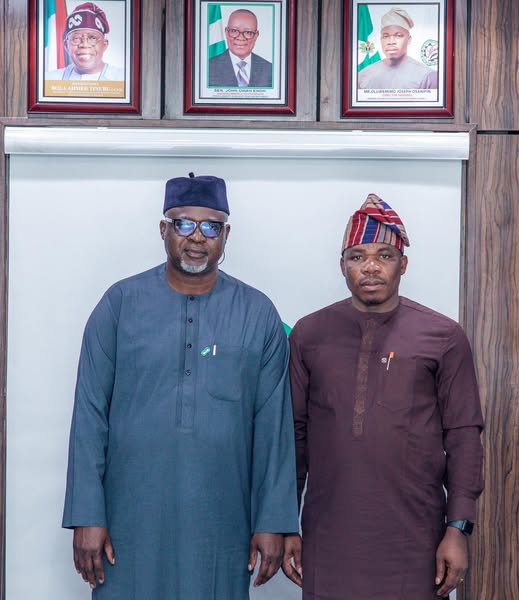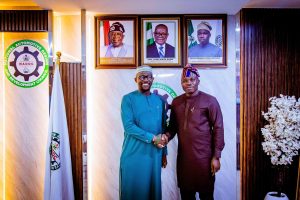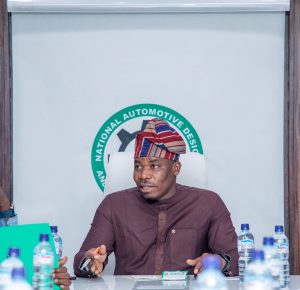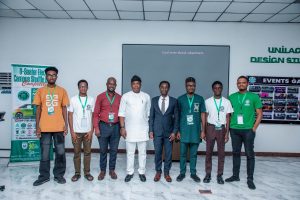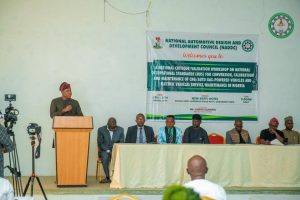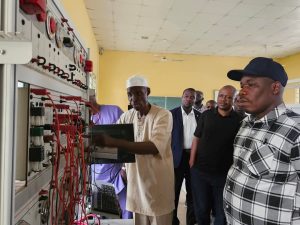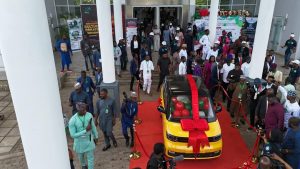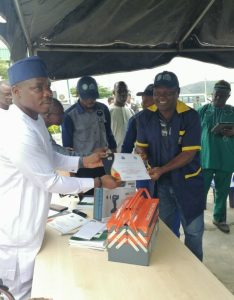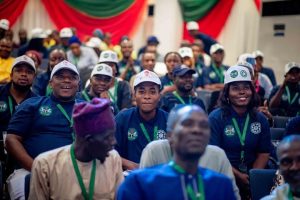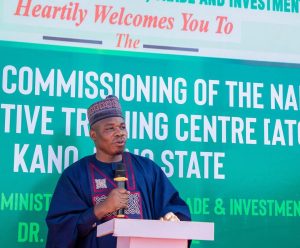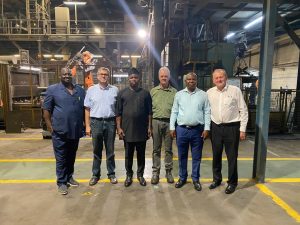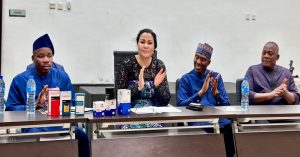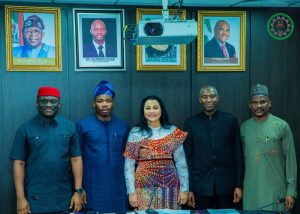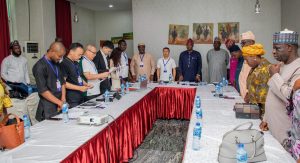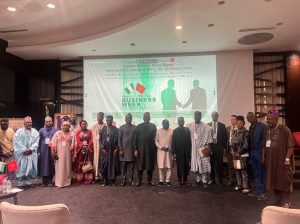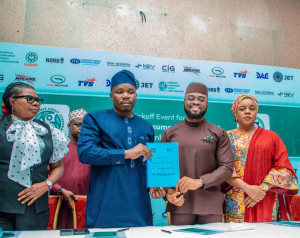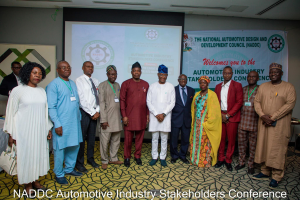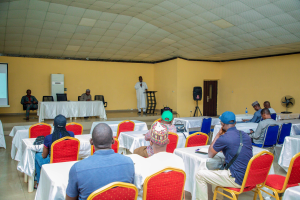A Courtesy Visit to NADDC By Hon. Arch. Salman Idris Representing Kabba-Bunu/Ijumu Kogi State.
The Honorable Member representing Kabba-Bunu/Ijumu Federal Constituency in Kogi State, Hon. Arch. Salman Idris, has expressed strong support for the National Automotive Design and Development Council’s (NADDC) initiatives, especially in the area of Compressed Natural Gas (CNG) adoption and technological advancement in the automotive sector during a courtesy visit to the NADDC headquarters on 5th August, 2025.
Hon. Idris acknowledged the Council’s strides in promoting CNG-powered vehicles across the country. “Each time I travel and see long queues at CNG stations, I’m reminded of the impact of this initiative. It’s encouraging to see how many vehicles are now powered by CNG, which I believe is a result of your efforts,” he stated.
He further emphasized the role of the National Assembly in supporting such innovations. “As parliamentarians, while we may not have executive powers, we are committed to providing the necessary legal framework and appropriations to support initiatives that are in the national interest,” he assured.
In response, the Director-General of NADDC, Mr. Oluwemimo Joseph Osanipin, expressed profound appreciation for Hon. Idris’s visit and reiterated the Council’s commitment to partnering with relevant stakeholders to fulfill its mandate of capacity building and technological advancement in Nigeria’s auto sector.
“As part of our mandate, we are committed to promoting the adoption of new automotive technologies, particularly CNG and electric vehicles (EVs). We have made significant progress in the area of CNG,” the DG noted.
He highlighted that last year, the Council brought together youths from across the country—including representatives from Kogi State—for a two-day program that explored the value chain of the CNG ecosystem. “Kogi State, especially Ajaokuta, plays a critical role in the CNG value chain. Most of the CNG used in northern Nigeria, including Abuja, originates from there,” he added.
Given the state’s strategic position and natural gas resources, Mr. Osanipin emphasized that Kogi should be leading in CNG adoption. He also revealed ongoing efforts by Autogas Nigeria to train youths in all the local governments of Kogi State using NADDC facilities.
Significantly, the DG announced a landmark project:
“We are establishing a CNG Conversion Centre and Charging Station in Kabba, located at Kogi State University, Kabba. This facility will serve as a hub for vehicle conversion, technical training, and skills development for residents.”
He assured that the Council will collaborate closely with Hon. Idris to ensure the success of this project and maximize its impact on the constituency and the state. “Your constituency is strategically located, and any intervention there will benefit a wide range of Nigerians. We look forward to building a strong relationship with you, and your support will be critical in addressing immediate and future challenges,” he concluded.
Another vital step in Nigeria’s journey toward cleaner energy solutions, automotive innovation, and youth empowerment as other major stakeholders continue to collaborate with the Council to promote the local auto industry.
#NADDC#AutomotiveInnovation#greenmobility#skillsdevelopment#madeinnigeriavehicle

